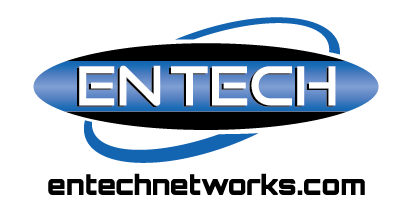In today’s ever-evolving workforce, it’s crucial for employers to understand the unique needs and expectations of their employees. Two generations that have been making a significant impact in the professional world are Millennials and Generation Z. While both share some common values, there are distinct differences in what they seek from their employers.
Millennials, born between 1981 and 1996, often value work-life balance, career growth, and flexibility. They were some of the first to experience the rapid advancements in technology, leading to a desire for remote work options and a more fluid work schedule. Millennials appreciate professional development opportunities and feedback from their superiors, as they seek to climb the corporate ladder and make a meaningful impact. Employers looking to attract and retain Millennial talent should consider offering a flexible work environment, mentorship programs, and clear paths for career progression.
On the other hand, Generation Z, born between 1997 and 2012, brings its own set of expectations to the table. This digitally native generation is known for its entrepreneurial spirit and a strong desire for purpose-driven work. Gen Zers value diversity and inclusion, often prioritizing companies with strong social and environmental commitments. They tend to be tech-savvy and prefer seamless digital communication and collaboration tools. Employers looking to engage Gen Z employees should emphasize their company’s mission and values, provide opportunities for skill development, and foster a culture of inclusivity and innovation.
Understanding the differences between what Millennials and Generation Z want from their employers is essential for companies striving to build a diverse and motivated workforce. While Millennials focus on work-life balance and career progression, Gen Z values purpose-driven work and a commitment to social and environmental responsibility. By tailoring their workplace policies and culture to align with these generational preferences, employers can create a more engaged and loyal workforce for the future.







